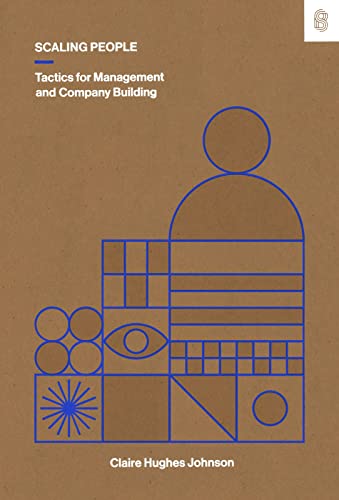Distinguish Between What You Control and What You Don't:
- The vast majority of what happens in the world is outside of our control, and the world is largely indifferent to our wants and needs.
- Stoicism teaches that while we don't control what happens to us, we control how we respond to what happens to us. This understanding doesn't eliminate worry, but it provides a framework for managing it.
- Action Point: Focus your energy and intention on where you can make a difference and where you do have control, letting go of things over which you have zero control or influence.
It's Your Opinion, Not the Event, That Upset You:
- Epictetus's core teaching: "It's not things that upset us, it's our opinion about things". We make ourselves anxious; things don't make us anxious.
- The world is objective; our interpretation creates "good" or "bad": As Shakespeare is quoted, "neither good nor bad but thinking makes it so." Events are objective, and we tell ourselves what they mean, making up a story about them.
- Action Point: Recognise that you have control over your opinions and judgments, which means you can solve for anxiety. When faced with external events, question the story you're telling yourself about them and how that story affects your ability to act.




